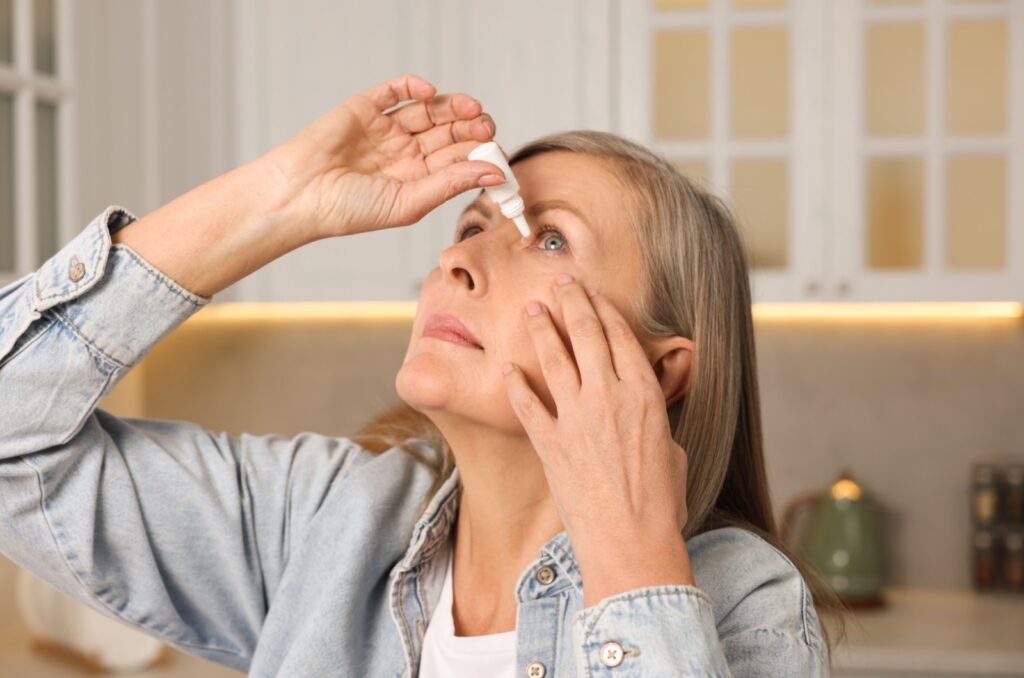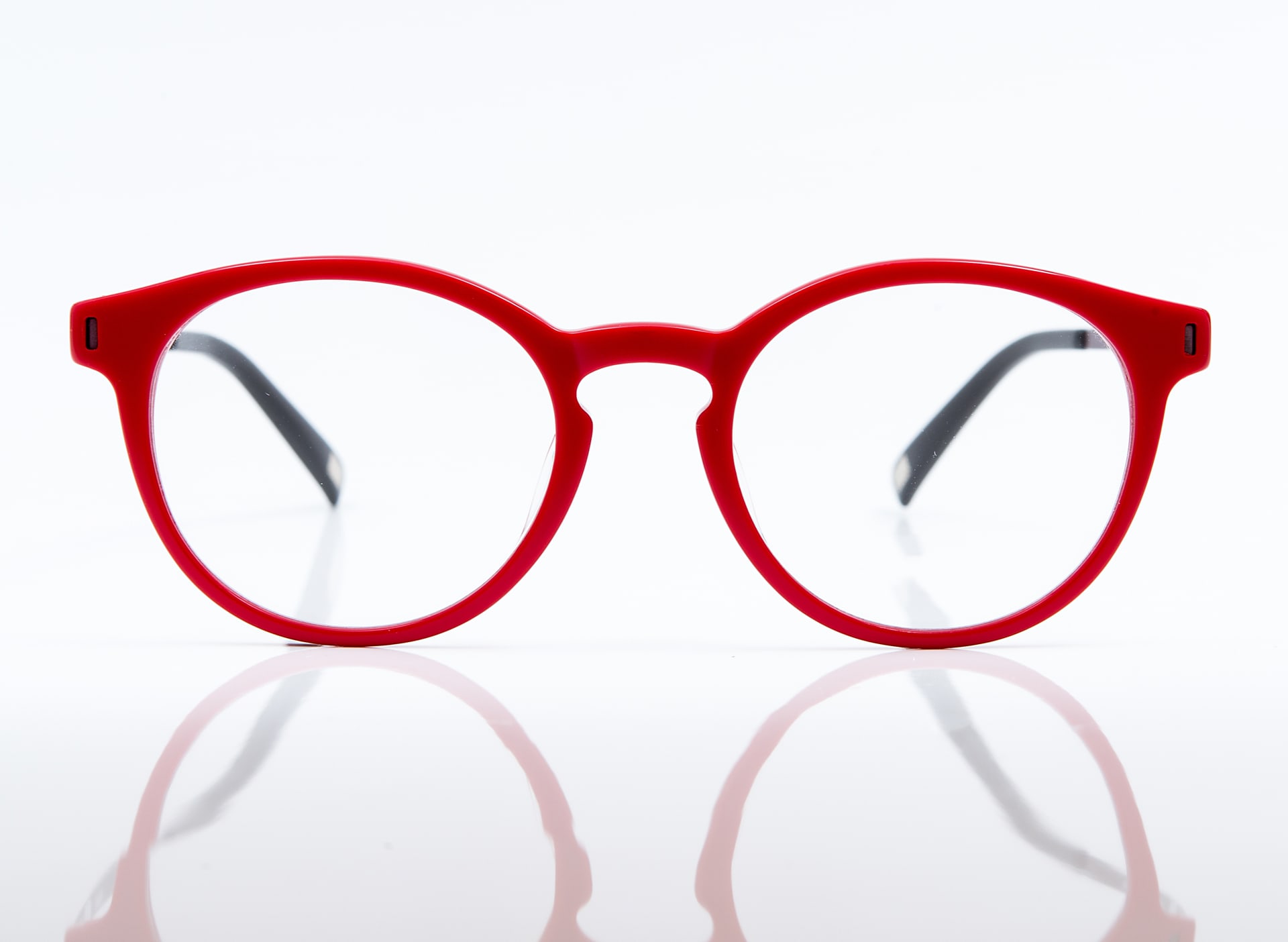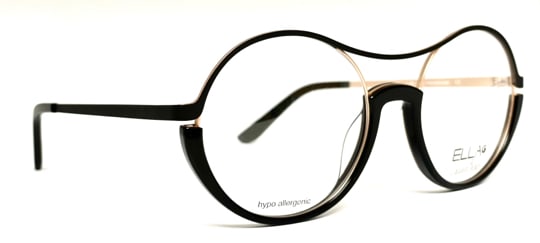Have you ever experienced blurriness in your vision? It could have happened when you sat down to read a book, watched your favorite television show, or were out for coffee with a friend. If you’ve experienced this, it might be due to dry eyes.
Dry eye affects millions of people and can be a source of discomfort, with one potential effect being blurry vision. If your dry eyes are causing discomfort, book an appointment with West Shore Eye Care and speak with an experienced optometrist.
Understanding Dry Eyes
Dry eyes can occur when the eyes lack proper lubrication, which is typically provided by tears. This condition often results from tears evaporating too quickly or not producing enough to maintain adequate moisture. Without good tear production, the surface of the eyes can become irritated and uncomfortable.
An eye care professional can evaluate the quality and quantity of your tears to determine if dry eyes are the root cause of your symptoms. This assessment can help identify and guide the treatment plan to relieve discomfort and improve eye health.
Symptoms of Dry Eyes?
Here are some of the common signs and symptoms of dry eyes:
- Blurred vision
- A stinging, burning, or scratching sensation in your eyes
- Sensitivity to light
- Difficulty wearing contact lenses
- Red eyes
- A sensation of having something in your eyes
- Stringy mucus in or around your eyes
What Causes Dry Eyes?
Dry eyes can result from various factors, including aging, environmental conditions, underlying medical conditions such as diabetes, and certain medications like antihistamines or antidepressants. These triggers can disrupt the tear film that coats and protects the surface of your eyes. The tear film is essential for keeping your eyes hydrated. When this layer is compromised, it can lead to symptoms, including irritation, redness, and blurry vision.
How Dry Eyes Can Lead to Blurry Vision?
Here are a few common ways in which dry eyes can cause blurry vision:
Interrupted Tear Film
Your tear film is important for maintaining the sharpness and focus of your vision. It comprises oil, water, and mucus layers, all of which are important for good eye health. Disrupting any of these layers may result in discomfort and symptoms, including dry eyes and blurry vision.
Corneal Impact
The cornea’s surface is reliant on good hydration to function properly. When dry eyes occur, the corneal surface can become irritated, leading to symptoms like blurry vision. It’s not abnormal for someone to experience moments of clear sight with moments of blurriness throughout the day.
Increased Eye Strain
When your eyes are not well-lubricated, they tend to work harder to focus. This strain can make objects appear blurry, especially when reading or using a screen, as the lack of moisture affects the clarity needed for proper vision. Over time, this can lead to increased discomfort and eye fatigue.

Managing & Treating Dry Eyes
Here are some of the ways that you can manage and treat your dry eyes. However, if you are experiencing blurry vision, booking a consultation to check your eye health is important.
Lifestyle Changes
Too much screen time, low humidity, strong winds, and artificial lighting can all contribute to dry eyes. To minimize risk, consider making lifestyle changes such as reducing screen time, increasing humidity indoors, or wearing protective eyewear on windy days.
To avoid eye strain while using screens, sit at least 25 inches away, position the screen slightly below eye level, and follow the 20-20-20 rule. It is recommended to look at an object 20 feet away for 20 seconds every 20 minutes.
Manage Underlying Health Concerns
Chronic illnesses like lupus, diabetes, and arthritis can contribute to dry eyes. Maintaining proper control and management of these conditions can improve your general eye health and minimize the potential impact on your vision.
Prescriptions
Sometimes, a prescription treatment might be necessary to treat dry eyes. After a discussion and evaluation, your eye care doctor might recommend specific anti-inflammatory eye drops to reduce symptoms and improve eye health.
When to Seek Help From an Eye Doctor
If you are experiencing persistent or worsening symptoms of dry eyes and blurry vision, they should not be ignored. While relying solely on remedies like eye drops is tempting, a trained optometrist can determine if you need additional treatments or medications. In doing so, they can also evaluate if any other underlying eye condition might be contributing to your blurry vision.
Book a Consultation
Schedule an appointment with West Shore Eye Care, where our friendly staff and knowledgeable optometrists can provide a thorough dry eye evaluation. Dry eye is a complex condition with many potential causes, so working with an educated dry eye doctor is a good way to develop a personalized treatment plan.
While lubricating drops may provide temporary relief, they typically address symptoms rather than the underlying issue, which often involves tear quality. Let us help you find lasting comfort and improved eye health.























